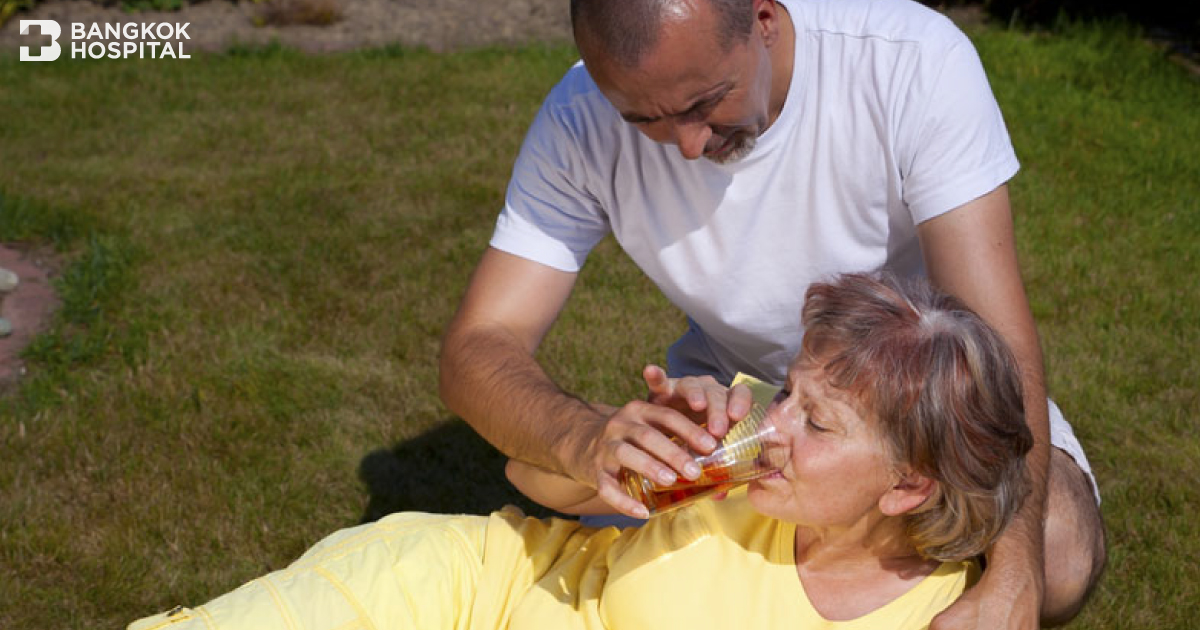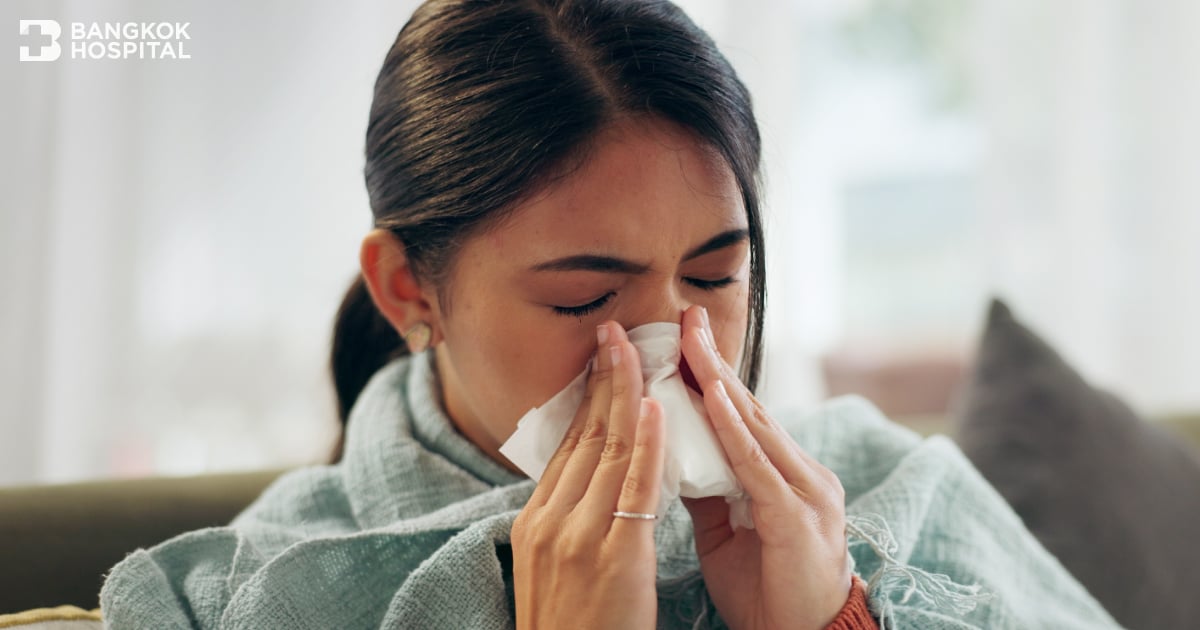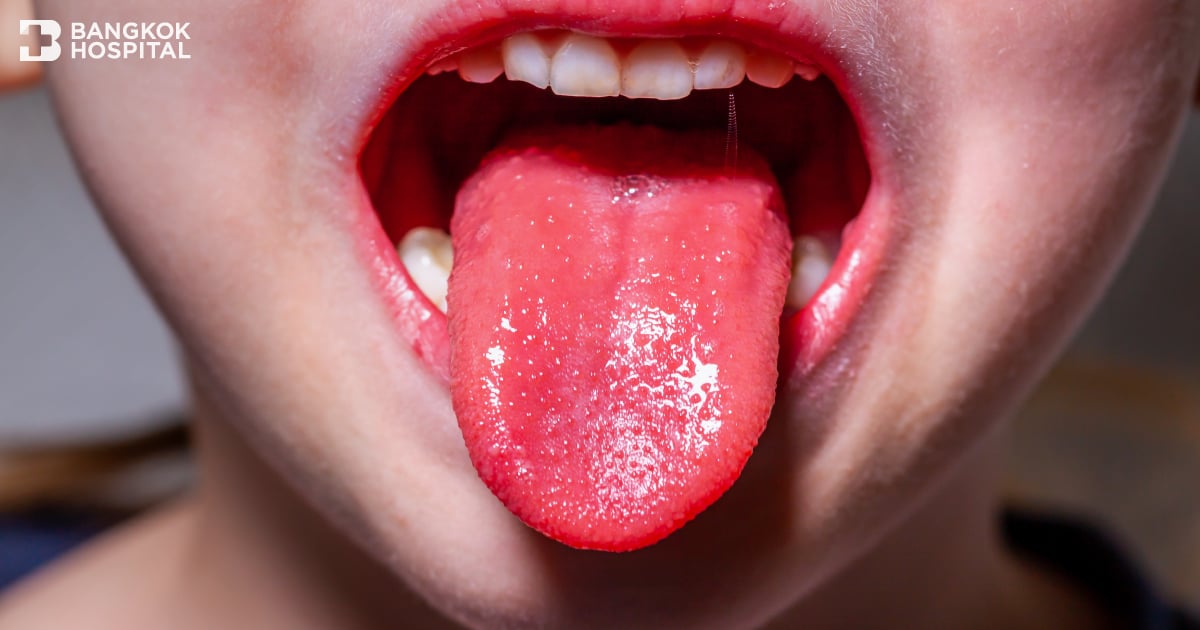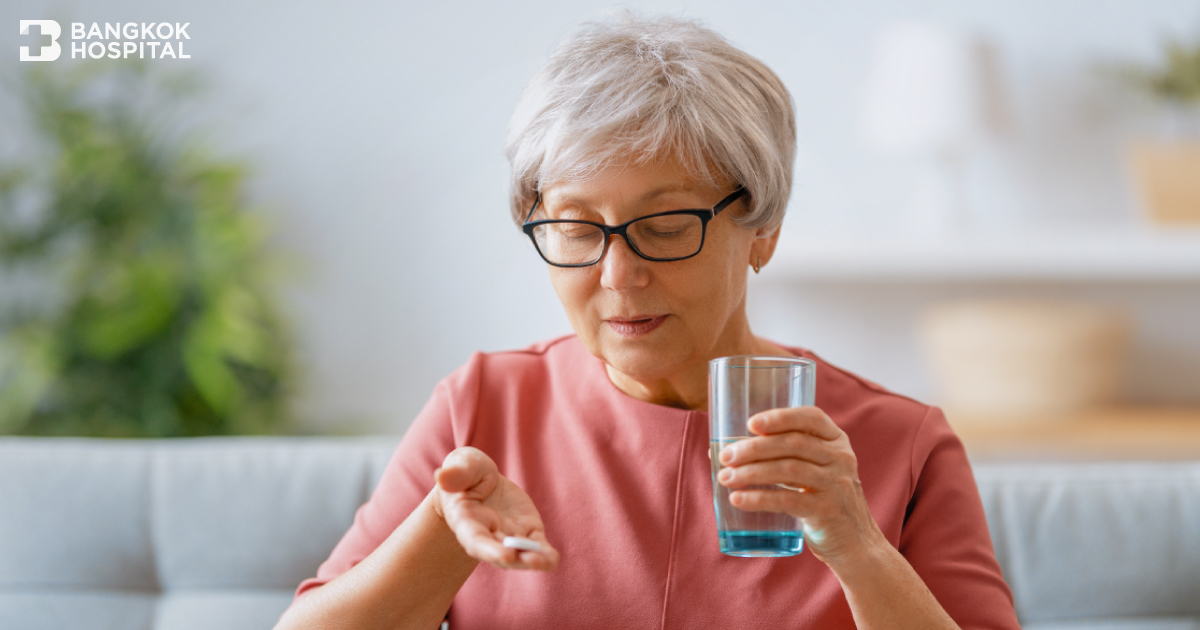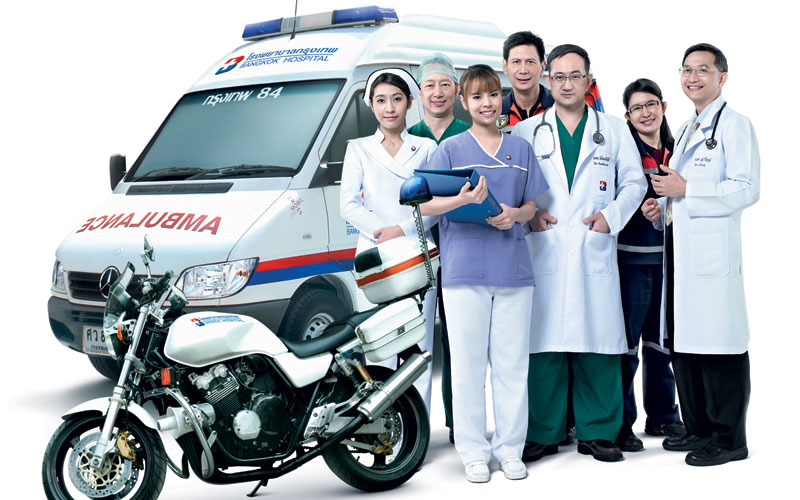Thailand is one of the hottest countries in the world and welcomes its New Year and summer with the Songkran Water Festival. This jovial event turns entire cities into hustle and bustle centers which consist of three days of fun-filled water-revelries. Despite the festivities, this festival poses several health hazards such as fainting, syncope, and heatstroke from the high temperatures. There is also an increased risk of fractures and head injuries from slipping, falling, and other accidents. During this period of increased risk, access to timely and effective emergency medical care is pivotal.
|
Dr.Somjintana Iamsanpang Director of the Trauma Center at Bangkok Hospital indicates that “care for patients in critical condition during emergency situations require the expertise of a qualified and experienced medical response team. They need to be able to assess situations and determine a plan of action which meets standards of critical patient care before safely and promptly transporting the patient to the hospital for further treatment. Attempting to move critical patients without professional supervision can be detrimental. During Songkran Day, several scenarios may arise which pose risks for the elderly. For example, the water festivities may lead to slips, falls, and other accidents. In the cases of older individuals this can easily lead to fractures as they may have osteoporosis or other bone-related deficiencies due to age. Some symptoms to look out for if a hip fracture has occurred includes pain in the hip area, inability to get up or walk, or being unable to put weight on the affected side. If a relative suffers a fall and hip fracture it is recommended to keep them in as comfortable a position as possible and not try to move them. Call an ambulance to provide first-aid care and transport them to the hospital for further treatment. |
Once at the hospital the patient’s situation (fracture position) and appropriate treatment techniques will be considered. Generally this will be a decision between two methods
- The Direct Anterior Approach Total Hip Replacement which offers minimal pain and a faster recovery (2-4 days).
- Minimally Invasive Plate Osteosynthesis (MIPO) which greatly reduces damage done to tissues, muscles, blood vessels, and nerves around the surgery area. MIPO results in a faster recovery, fractures healing faster, smaller incision, as well as reducing risk of complications such as fracture nonunion and infection.
First-aid care for heat strokes involves promptly reducing the patient’s body temperature. Using water vapor, a fan, and ice packs are effective methods to cool down. If symptoms worsen it is recommended that an ambulance is called. To prevent heat strokes, parents should not allow their children to play under the sun long periods of time while making sure they stay hydrated.
Part of the treatment process involves physical therapy specifically designed for the elderly. This includes the Alter-G or Anti-Gravity Treadmill which provides patients with a way of non-painful, controlled weight bearing early in the recovery period. Patients are able to get up and beginning walking within 48 hours after surgery. Effective treatment, technique, and prevention of complications have significantly reduced death rates from hip fractures while effectively helping patients to return to daily activities as soon as possible.
Heat Strokes
are another common condition during this period of high temperatures. It is most common in the elderly and young children whose bodies are unable to withstand the heat. Some risk factors which increase the chances of suffering a heat stroke include a pre-existing condition, and intake of certain types of medication such as those for blood pressure and diabetes. These can affect the body’s ability to cool down and stay hydrated. Young children are more susceptible to becoming dehydrated especially if they play or have activities under the sun (swimming included) for prolonged periods of time. When the average body temperature exceeds 40 degrees Celsius the cardiovascular and nervous system, as well as other organs may begin to fail potentially leading to loss of life.
Another risk to consider is slipping or falling which may lead to head injuries such as skull fracture and hemorrhaging. After the injury, patients who temporarily lose consciousness take blood thinners, or experience nausea (vomiting) will receive a diagnosis to determine if a brain hemorrhage has occurred. For safety purposes, patients who exhibit high-risk symptoms will be kept under observation for 24 hours at the hospital even if they pass initial diagnosis.
In severe cases of head injuries symptoms will be evident and may include numbness in arms and legs. These patients will require critical care by an emergency medical team and are transported to the hospital for further treatment from expert neurosurgeons. Surgical treatment will be promptly administered in cases of brain hemorrhage or swelling (edema) to reduce pressure on the brain and prevent risk of paralysis and death.
Patients who are diagnosed as non-severe injuries will receive a preliminary diagnosis and be allowed to return home. The patient and relatives are to observe symptoms over the next 1-2 days (especially important in cases involving the elderly). Be vigilant and keep in mind that symptoms may trigger weeks after the accident or fall. If you notice changes in symptoms or behavior, it is recommended to return to the hospital for medical advice.
During this Songkran Day period the best method to ensure safety is prevention. Respect the law and enjoy the festivities without being careless or reckless. However, rest assured that Thailand’s Emergency Services are ready to provide prompt and effective critical care and referral that meets international standards. In cases of accidents and emergencies dial 1669 for expert consultancy and support, available countrywide.
The Bangkok Trauma Center and BDMS Alarm Center work in tandem as the hug and nucleus for Emergency Services. Emergency transportation is available via land and air. Dial 1724 or 1719 for Bangkok Emergency Services whose dedicated emergency response teams are on hand 24 hours a day and supported by multidisciplinary medical professionals.

